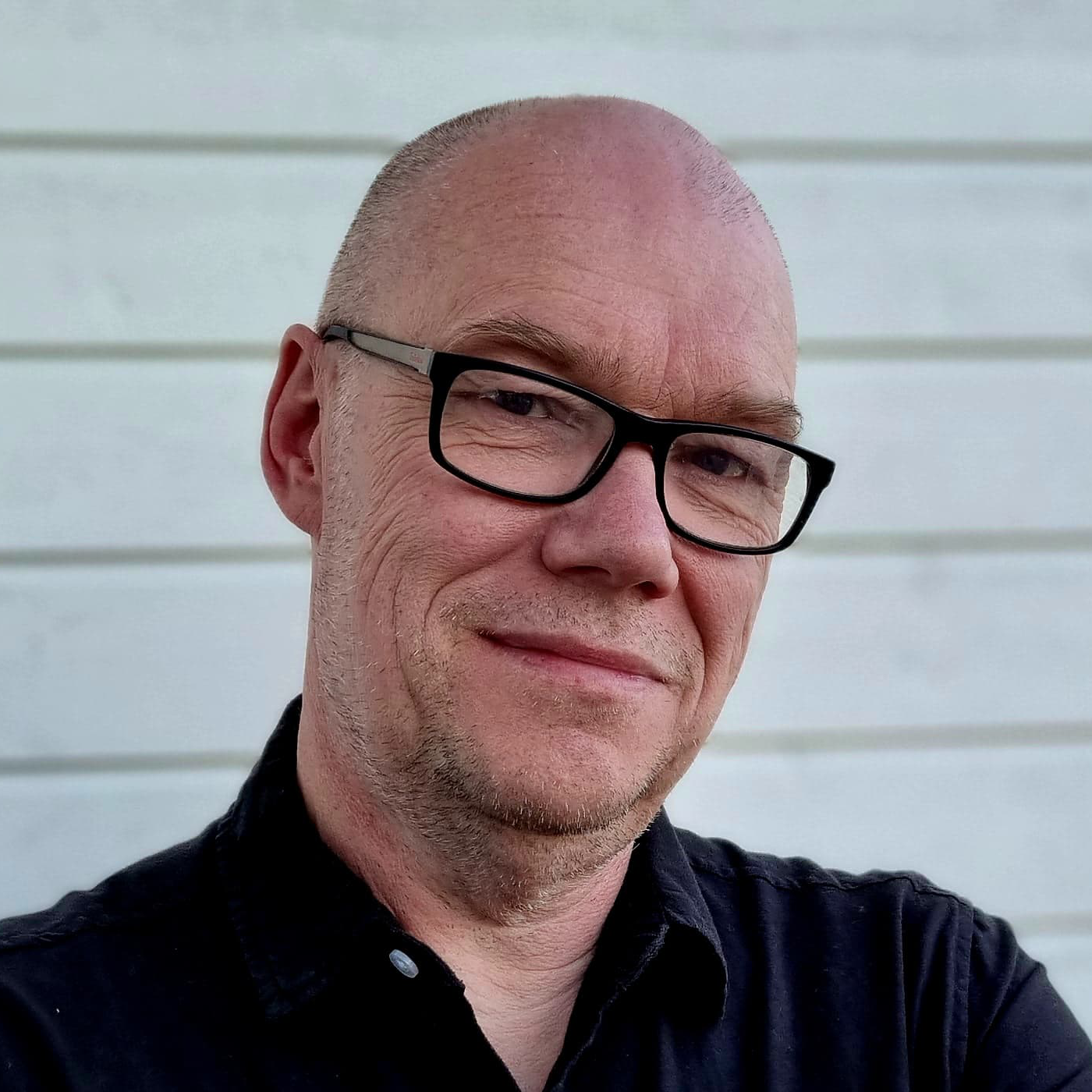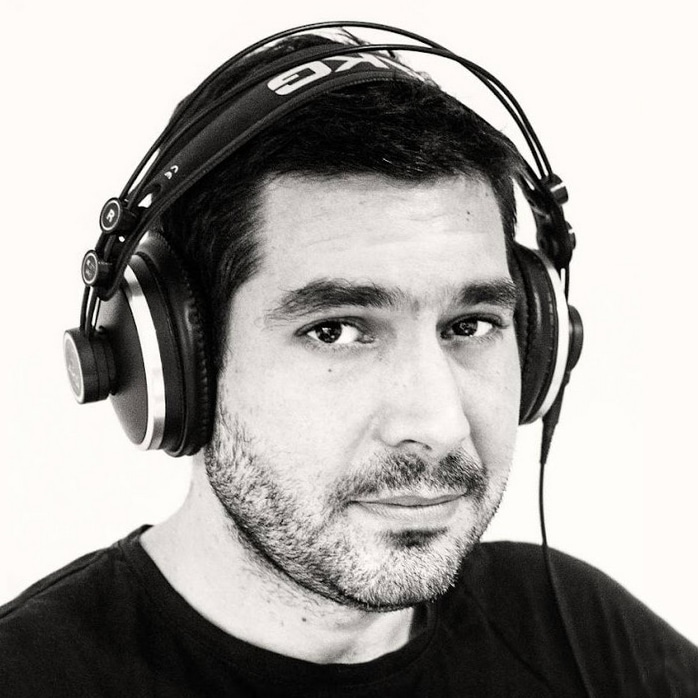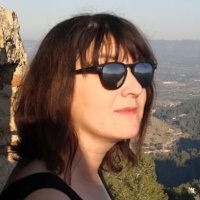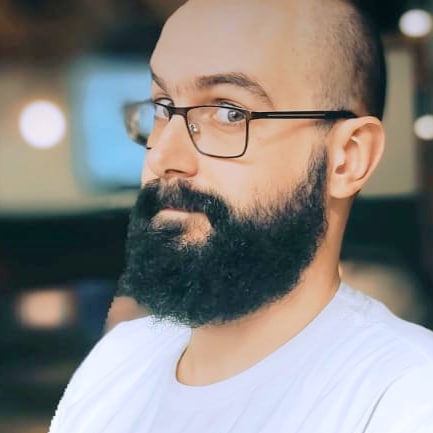Niclas Nilsson

I was always in the outskirt of the context of life as I was growing up, and ended up on a stray path. Homeless and lost. At the age of 21 I got my first daughter. She gave me my strength back, and 3 daughters, one son and three grand children later I am writing this piece about me.
I am a self taught IT architect and entrepreneur, punkrock singer and a singer-songwriter. I have a strong D.I.Y spirit, since my choices, as I was getting back from years on the streets, was to give up or just do it myself. This is the energy and passion I bring into projects I get involved in.
I have been working with IT since mid 90’s, and some of the assignments have been as head IT consultant at Marsh, team lead at Taxi Stockholm, development manager at Brandos, IT Delivery Manager at Office Management and IT Staff Engineer at Kry. I have had my own companies within IT and IT security as a technical advisor and architect, web developer and innovator building cloud services such as “The School Cloud” who won a prize for Innovation in the Cloud at Cloud Camp in 2011.













